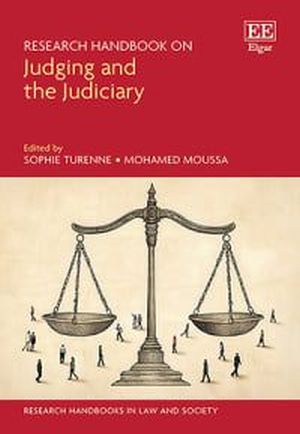
In this timely Research Handbook, leading legal scholars join forces with political scientists to discuss court adjudication in common and civil law systems. Chapters cover topical problems and debates in judicial studies and examine the institutional framework within which judges operate.
Developing a multi-disciplinary analysis that combines legal, socio-legal, and political science perspectives, this Research Handbook explores the transformation of the justice system, adopting a contextual approach to court adjudication. Expert authors explore the use of generative AI, normative expectations about judgement-making and the effect on inclusive or responsive judging, and the role of court presidents, judicial associations, and judicial councils. Ultimately, the Research Handbook advances the understanding of the judiciary by highlighting elements of the justice system that are conducive to trust and judicial legitimacy, while suggesting avenues for further research.
The Research Handbook on Judging and the Judiciary is an essential reference for socio-legal scholars and students of law and society. Constitutional lawyers, political scientists engaged in research concerning the judiciary, judges and other stakeholders in the justice reform sector would also benefit from the discussions in this important resource.